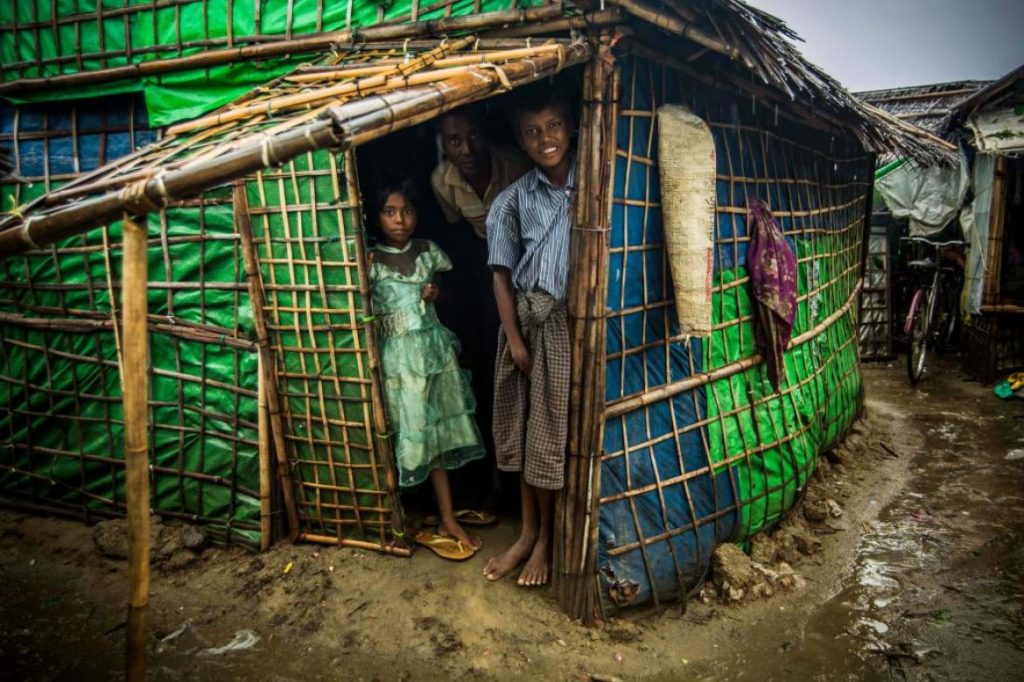About 60,000 Rohingya children in camps in Rakhine State are enduring appalling conditions and unable to receive treatment for health problems, including acute malnutrition, says the United Nations Children’s Fund.
Although the “eyes of the world” were focused on the 655,000 refugees who have fled northern Rakhine to Bangladesh, 60,000 Rohingya children remained “almost forgotten,” in camps in central Rakhine, UNICEF spokesperson, Ms Marixie Mercado, said on January 9.
Briefing journalists in Geneva on her visit to Myanmar from December 6 to January 3, Mercado described as “troubling” the government’s decision to block access by humanitarian agencies to northern Rakhine after the attacks by Islamic militants on August 25.
“Partners have identified about 20 children separated from their families during the violence but estimate the total number to be at least 100, most of whom are in parts of northern Rakhine State that they still cannot access,” she said, in a report from the UN News Centre.
Mercado said that after the violence began on August 25, UNICEF was no longer able to provide life-saving treatment to 4,800 children suffering from severe acute malnutrition.
Support more independent journalism like this. Sign up to be a Frontier member.
“All 12 of the outpatient therapeutic treatment centres run by our partners are closed because they were either looted, destroyed or staff can’t access them,” she said.
Mercado said two of the worst camps she visited were in central Rakhine’s Pauktaw Township and reached after a four-hour boat ride.
“The first thing you notice when you reach the camps is the stomach-churning stench. Parts of the camps are literally cesspools. Shelters teeter on stilts above garbage and excrement,” she said.
“Children walk barefoot through the muck. One camp manager reported four deaths among children aged 3-10 within the first 18 days of December.”
Mercado said Rohingya children who remain in rural areas are almost totally isolated.
“We hear of high levels of toxic fear in children from both Rohingya and Rakhine communities,” she said.
Mercado said UNICEF stood ready to work with the Union government and Rakhine authorities to provide relief to all children, regardless of ethnicity, religion or status, but it needed unlimited access.







